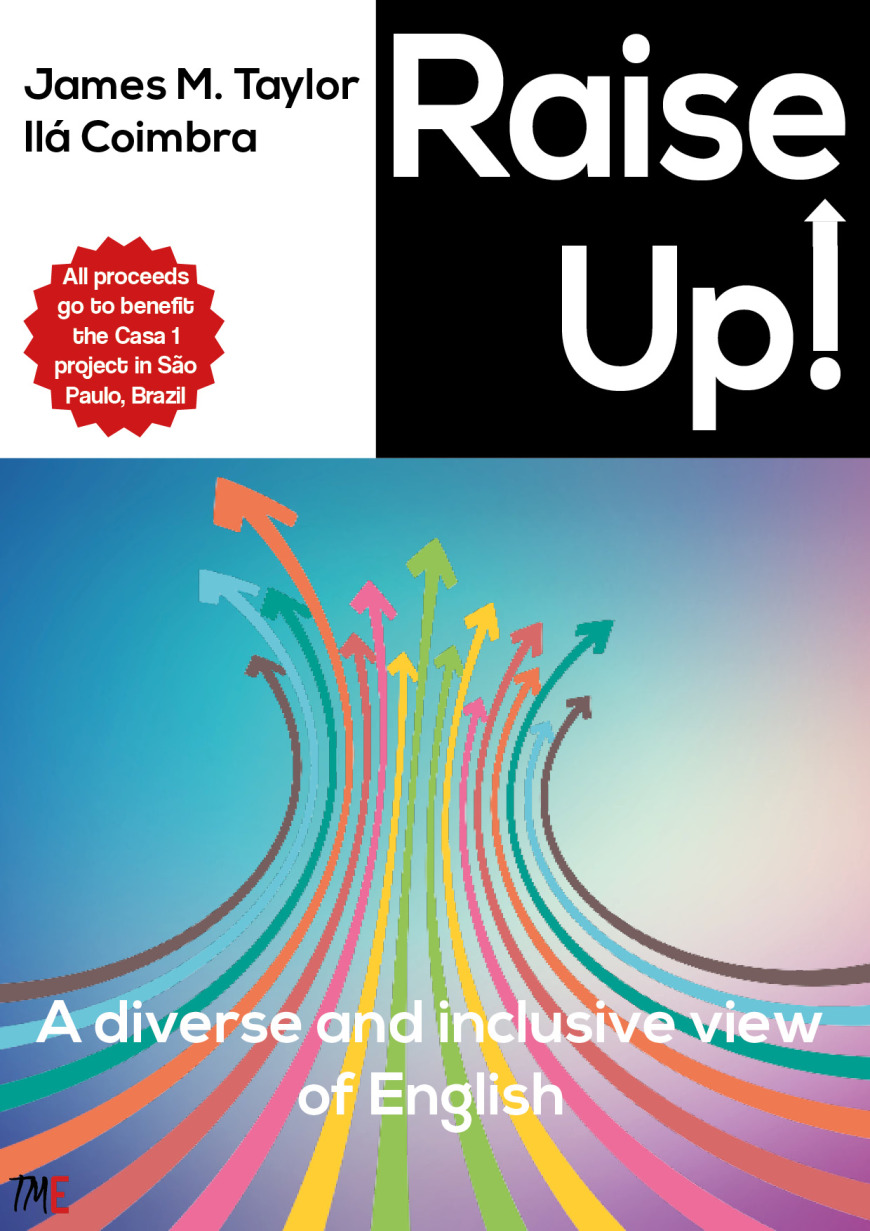 How You Can Self-Publish and Fill the Gap
How You Can Self-Publish and Fill the Gap
James Taylor
Just to be different, I’ve decided to start this post with the conclusion…
I believe that self-publishing offers teachers a fantastic opportunity to create materials that we need in the ELT world. You can identify what you believe is missing and fill that gap in a way that has never been possible before. There are no gatekeepers and the only person stopping you is yourself. Your unique contribution can help teachers the world over.
So now you know how I feel about this, you can read about my journey into self-publishing, what I’ve learned, and hopefully get a few tips along the way…

I first started self-publishing about a year ago when I released my first ebook, How Was Your Weekend? 1001 Discussion Questions To Use With Your EFL/ESL Learners. I wrote this book for a few reasons, mainly because I thought such a book was unique and that it was something teachers would find useful. But I also wanted to experiment with self-publishing to get a feel for how it works from the initial idea all the way through to promotion and sales via, of course, the actual publishing process itself. The format of the book, essentially a giant organised list, felt like a low pressure way of trying something new.
I never thought (or allowed myself to think) about sales. It really wasn’t that important to me. Of course, selling the book is very nice and the trickle of income it still provides is not unwelcome, but that wasn’t my priority. This project for me was about getting some experience and on this front it completely delivered. Luckily, it was very well received, even better than I had anticipated, and served its purpose.

One of the main purposes it served was to give me the confidence to proceed with my next project, Raise Up! This book, co-authored with Ilá Coimbra (more about her in a moment) is very different from How Was Your Weekend? in a number of ways. Firstly, the format is completely different as it’s a coursebook and should be very familiar to English teachers the world over. But what makes Raise Up! different from many other coursebooks is that we have created each lesson to be inclusive and representative of social groups that are usually excluded from ELT materials. Among others, this includes LGBTQIA+, working classes, disabled people, and people living in poverty.
Clearly, this is a more controversial book than a big list of discussion questions, but it was something that Ilá and I passionately care about. We believe (as do many others, we have discovered) that current ELT materials are sorely lacking in how they represent many of our students and, indeed, the teachers who use these materials. We are of the opinion that representation is essential in fostering a sense of belonging, which in turn is key to creating harmonious classrooms and successful language learners. So we decided to do something about it.
The first decision we made was to work together. We are friends, so we had a pretty good idea that we’d work well together. We also had the perfect combination of skills: I wanted to work with Ilá because of her experience with Voices SIG in Brazil and her knowledge about representation and critical pedagogy; she wanted to work with me because of my experience with materials writing and self-publishing. So we complemented each other perfectly. We also had to decide on the format of the book (8 lessons for teens and adults, independent from each other, with a range of levels); the approach (the lessons are inclusive, meaning they include people from excluded social groups rather than focusing on the difficulties that these people face); the lesson design (replicating a traditional international coursebook methodology); and the overarching aim (to create a resource for teachers who wish to teach diverse lessons and to show that inclusion is easily achievable within mainstream teaching materials). Once these things were in place, we were able to proceed with the writing.
I won’t go into the nitty gritty of how we wrote the book and the publishing and promotion process, there are other places to find that information. I’d rather focus on why you should be self-publishing. Ilá and I wrote this book because we believed that it needed to be written. Now, you may have little or no interest in diversity, but the chances are that there is something you think that ELT publishers are not providing you with. Perhaps you’ve already created your own materials or given a presentation or workshop on it. What self-publishing does is give you the opportunity to share these ideas with other teachers who feel the same need as you. And you’ll also get a bit of recognition for it, which is always nice!
Furthermore, there is a real possibility that the materials you crave will not get published otherwise. In our research for Raise Up!, many of the published international writers we spoke to commented that the big publishing companies seem to be becoming more conservative, meaning that those materials are even less likely to appear in the future. In this environment it has become even more important that teachers step into the gap and take the risks that the publishers are increasingly reluctant to take.
So, in conclusion…
Buy Raise Up! here: https://taylormadeenglish.com/raiseup/
Buy How Was Your Weekend? here: https://taylormadeenglish.com/2018/08/02/how-was-your-weekend-now-available/
